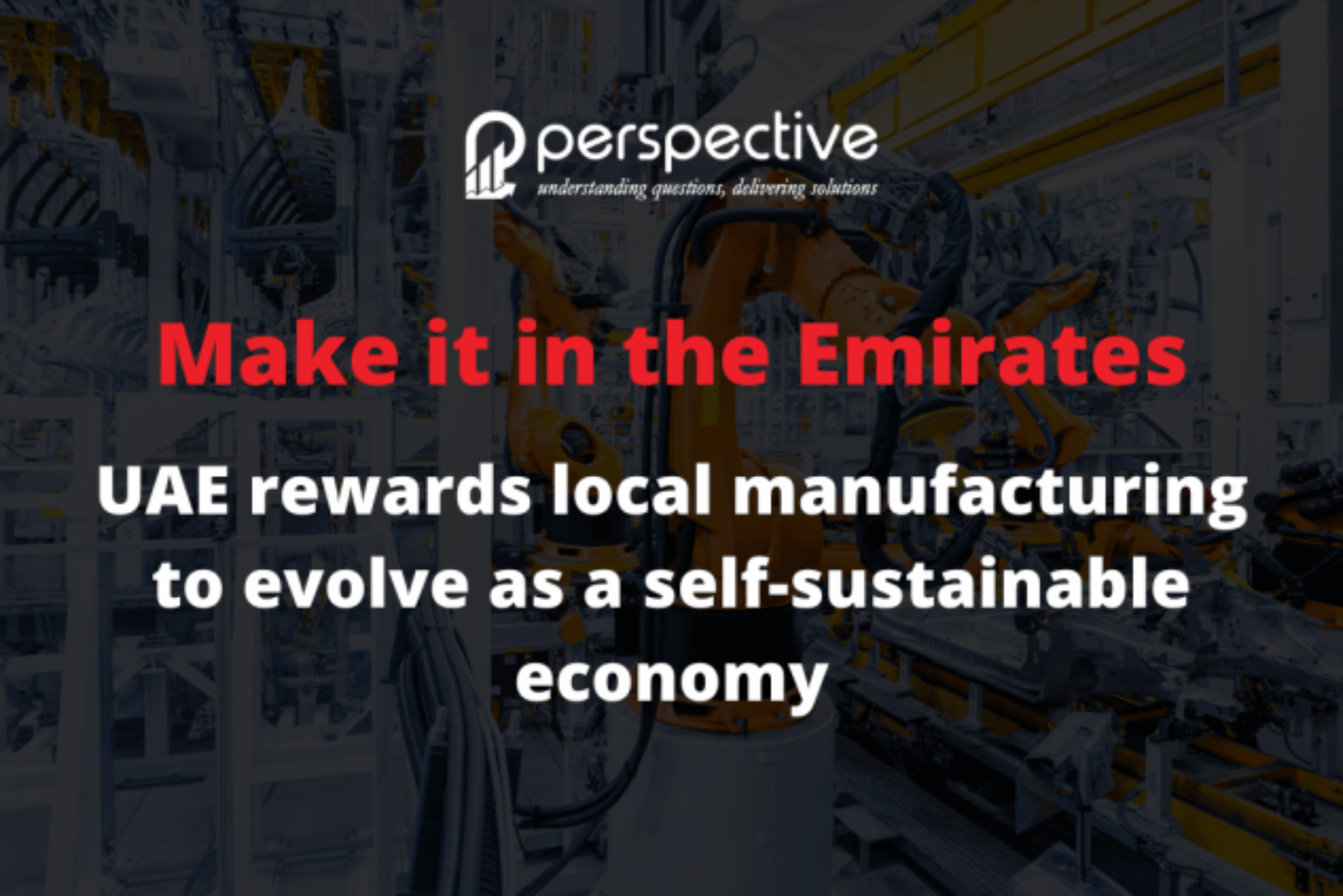The UAE has been a tourist attraction for the past couple of decades and has evolved as a retail hub with some of the world’s most spectacular malls home to over 65% of major global brands, but it cemented its position as a trade hub thanks to its proximity to important trade routes and a proven resilience to the pandemic. In the new normal the UAE has also emerged as one of the top countries in terms of tech adoption, thanks to its digital infrastructure along with ecosystems such as the Technology and Innovation Hub in Abu Dhabi, where creation of smart solutions is facilitated. With focus on large-scale diversification from the oil sector to other industries including data, IoT and manufacturing, the UAE has initiated the fourth industrial revolution backed by AI and cloud.
With an aim to become self-sufficient, the country has started focusing on growing its own food and developing its own technology, with components created in the UAE itself. One of the initiatives to boost local manufacturing is the In-Country Value program, that encourages major corporations and new firms to procure materials from Emirati suppliers, and the ICV certificate issued to companies which are a part of this, accounts for 40% of financial evaluation of firms applying for government procurement. Abu Dhabi’s airline Etihad became the first carrier in the UAE to join the program and increase the volume of local components in its airlines. The In-Country Value program’s aim is to increase the government spending on local products to $15 billion and scale up the number of certified local vendors from 5000 to 7300 by 2025.
Speaking of contribution of diverse sectors and firms, the UAE has also launched a plan to increase the contribution of the industrial sector in the economy to $81 billion by 2031, and has also introduced reforms such as 100% ownership for overseas investors in the Emirates as well as assistance with bulk visas and online banking, to increase FDI in industries. The manufacturing capacity of the UAE is currently four million bpd, which it aims to scale up to five million bpd by 2030, and its major manufacturers also include Emirates Steel which is the largest producer of jumbo and heavy components in the Middle East with a 70% market share. Its peer Emirates Global Aluminum is supplying the world’s first aluminum made in a solar-powered smelter, to leading automaker BMW, while the UAE is building everything from data centres to satellites locally.
The focus on industries reflects in the fact that now 80% of the UAE’s non-oil economy is powered by the manufacturing sector, which is backed by measures such as Abu Dhabi’s program to incentivise land use for industrial development, which offers $1.36 per square meter to manufacturing firms in the UAE. The government’s plans also include setting up 13,500 new industrial firms by 2031, and under a partnership with ECI, it’ll promote export and project finance, trade credit insurance and click-and-cover services for SMEs in the manufacturing space. Under the Make it in the Emirates plan, ECI had extended AED2.5 billion via more than 4000 revolving credit guarantees, and provided AED1.6 billion to ease financing for trade and projects.
The country is also offering financial, advisory and technical support to companies manufacturing products in the Emirates through the EDB, and has 10 civilian airports along with 12 commercial sea ports with a capacity to handle 80 million tons of cargo every year, through 105 cargo companies to boost logistics. The perks under the Make it in the Emirates program also include finance for advanced technology and equipment, sponsorship for machinery and upgrades, green finance, support for business expansion, structural financing and incubation services.
This support system for vendors and manufacturers in the UAE, is similar to incentives offered for hiring more Emirati residents and also the data localisation rules for ensuring that companies operating in the country make the most of it.


